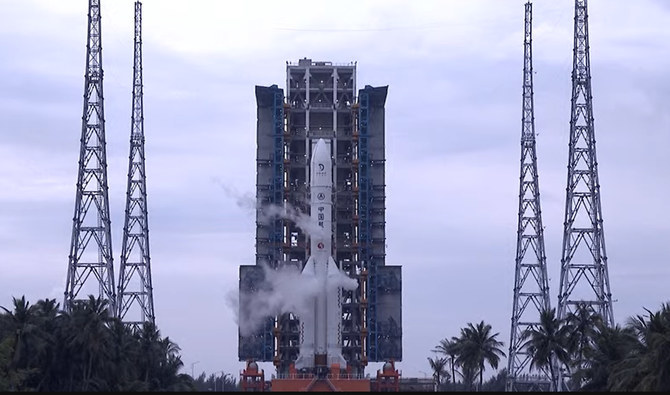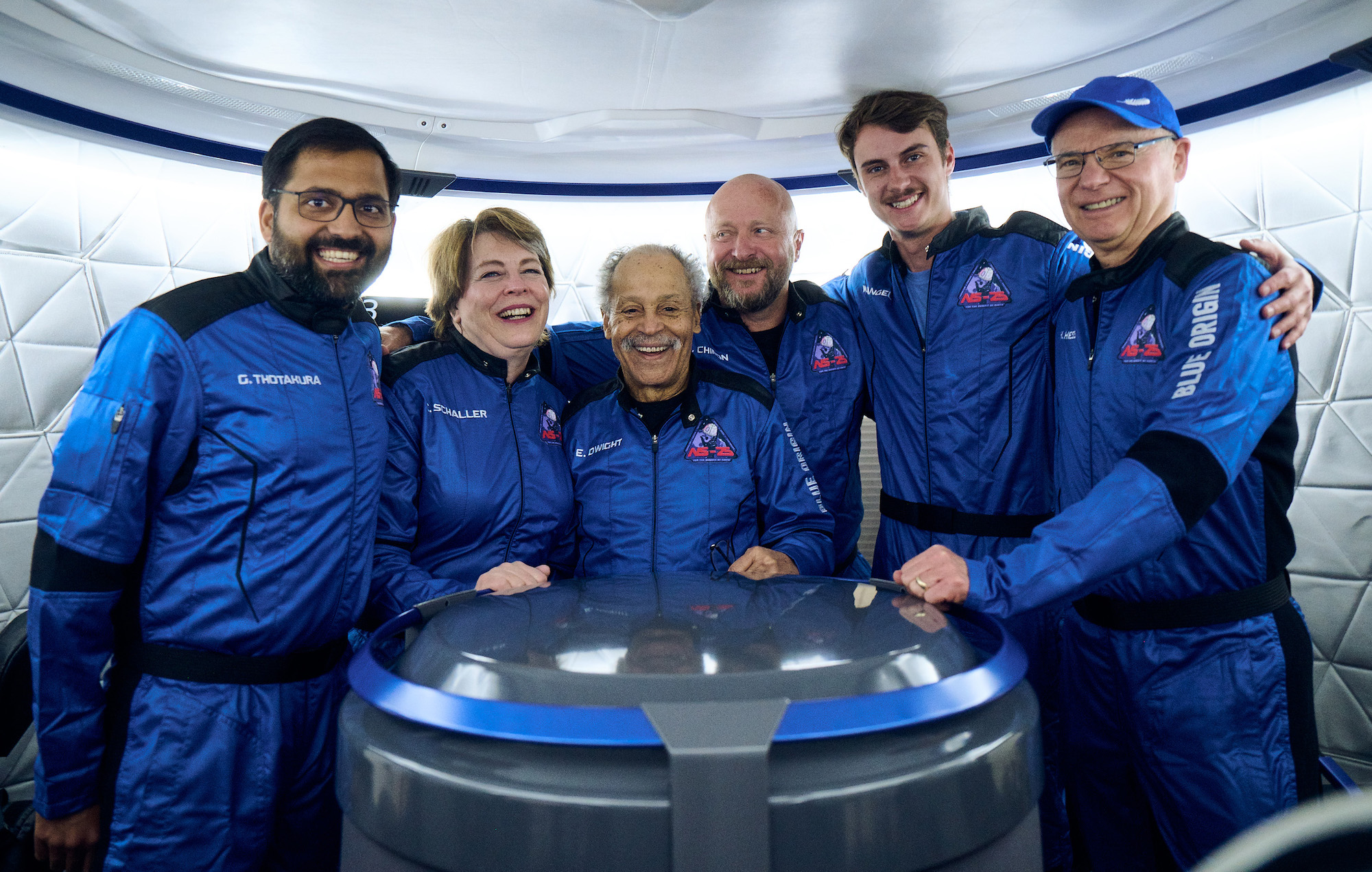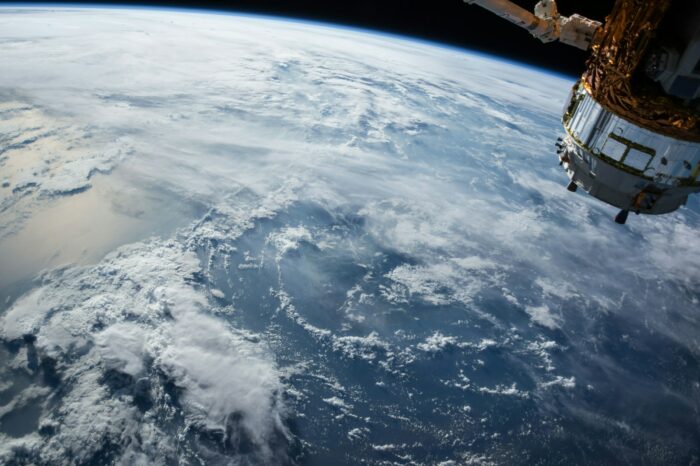Insider Brief:
- Pakistan’s first lunar satellite, ICUBE-Q, successfully entered the moon’s orbit on May 8.
- Launched aboard China’s Chang’e-6 probe on May 3, ICUBE-Q is part of China’s ambitious mission to land on the far side of the moon and retrieve samples.
- By May 15, Pakistan aims to share images captured by ICUBE-Q, providing valuable insights into the lunar surface.
Pakistan’s first lunar satellite, ICUBE-Q, successfully entered the moon’s orbit on May 8. Dr. Khurram Khurshid, from the Institute of Space Technology (IST), confirmed the successful orbit entry, marking a crucial step for Pakistan’s space ambitions as reported by Arab News.
ICUBE-Q is a cubesat and weighs approximately 7kg. The asset is equipped with two optical cameras designed to capture images of the lunar surface. These images will provide valuable data for future space missions.
Launched aboard China’s Chang’e-6 probe on May 3, ICUBE-Q is part of China’s ambitious mission to land on the far side of the moon and retrieve samples. This joint effort with China signifies a new era of collaboration in space exploration.
Dr. Khurshid mentioned that the satellite deployment occurred at 1:14 p.m. Pakistan Standard Time and initial tests showed no complications with its systems. The next few days will be dedicated to further testing to ensure optimal performance.
The successful entry of ICUBE-Q into lunar orbit means Pakistan joins the exclusive club of nations conducting deep space missions. Dr. Khurshid emphasized that this achievement is just the beginning, opening doors to bigger space missions like lunar landings and various experiments.
The ICUBE-Q project involved around 100 students from IST, underscoring the collaborative effort and the involvement of the next generation in space exploration. Pakistan’s proposal for the satellite was accepted by the China National Space Agency, with support from Pakistan’s National Space Agency, SUPARCO, and collaboration with China’s Shanghai Jiao Tong University.
By May 15, Pakistan aims to share images captured by ICUBE-Q, providing valuable insights into the lunar surface.
Image credit: Arab News
Share this article:








